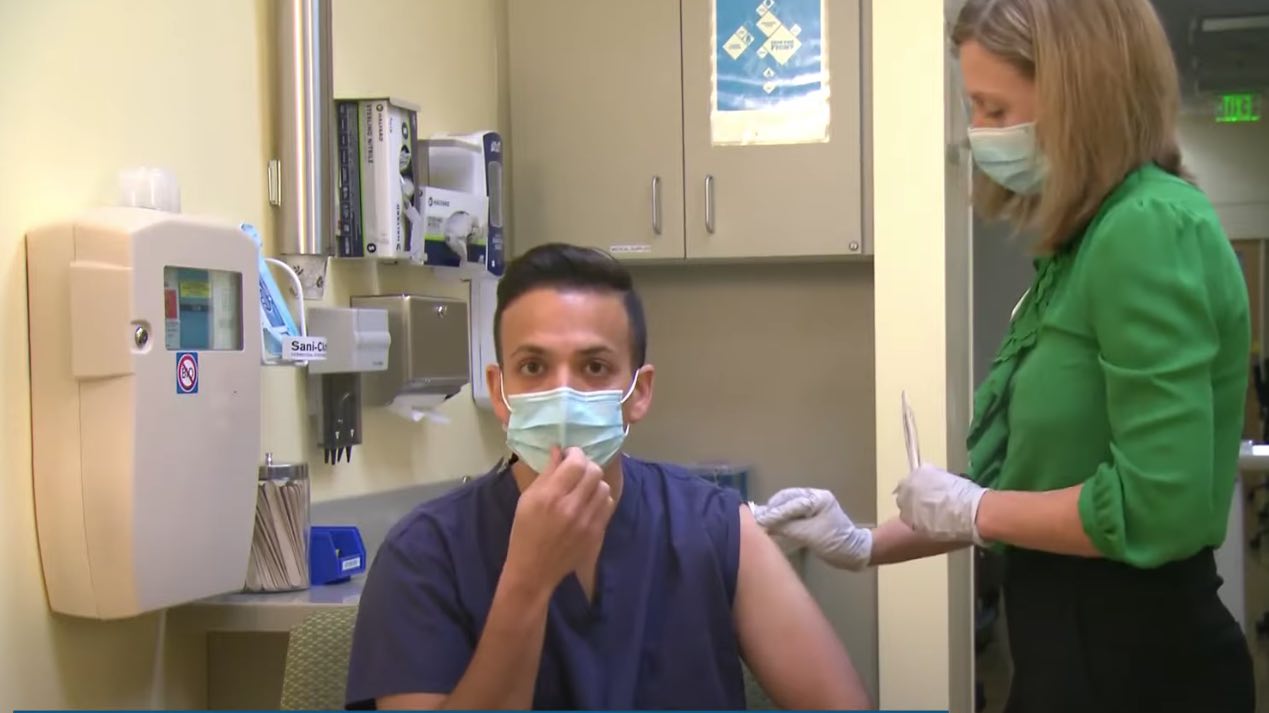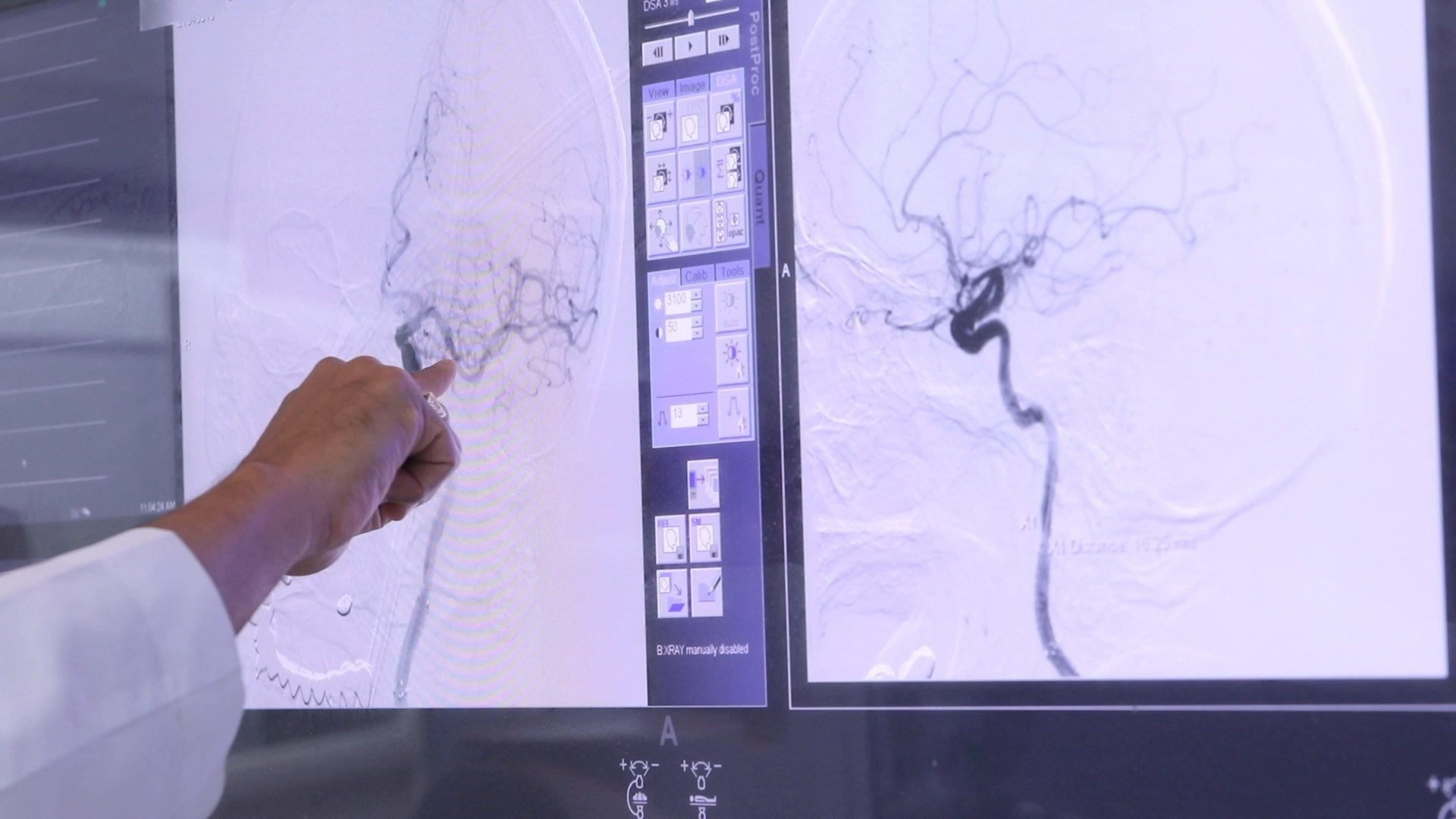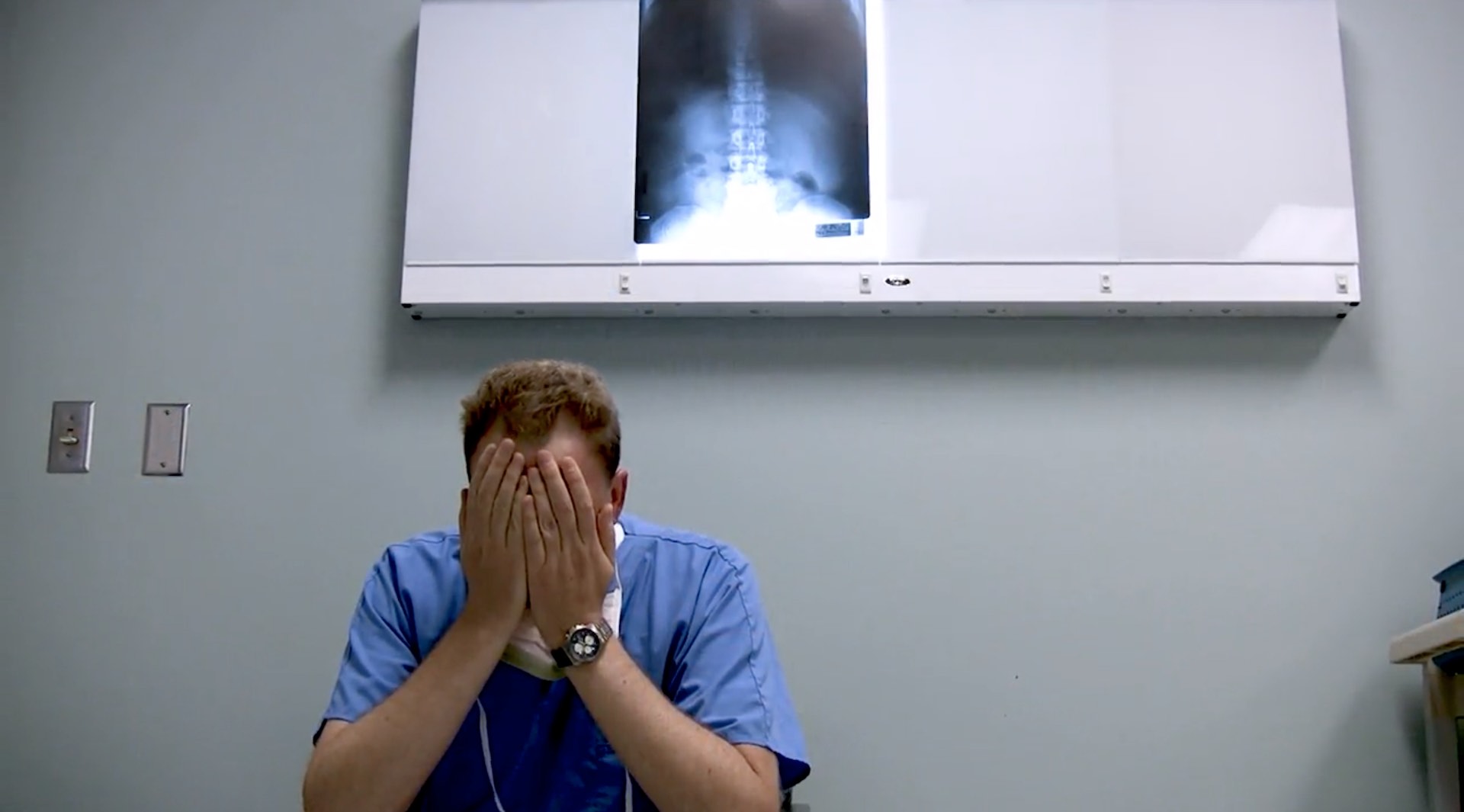NEW YORK (Reuters Health) – Kidneys transplanted from living donors over the age of 55 are associated with “excellent outcomes” in older transplant recipients, according to data from the Organ Procurement Transplant Network/United Network for Organ Sharing.
“With looming changes to organ allocation in the US, living donor transplants from older living donors may prove to be an important avenue for elderly patients awaiting kidney transplantation,” researchers report in the American Journal of Kidney Diseases for September.
Led by Dr. Jagbir Gill at the University of British Columbia in Vancouver, the research team studied 23,754 kidney-only transplant recipients 60 years and older at the time of transplantation from 1996 to 2005.
Nearly one third received kidneys from living donors; 1133 donors were older than 55 years and 5873 were younger.
Among deceased donors, 12,197 met standard criteria and 4551 were “expanded criteria donors,” defined as donors older than 60 or those aged 50 to 59 with 2 of 3 adverse conditions (hypertension, history of stroke, or terminal serum creatinine level > 1.5 mg/dL).
“Overall and death-censored allograft survival were superior in all recipients of living donor transplants compared with deceased donor transplants,” Dr. Gill’s team reports.
Among living donor recipients, 4-year patient survival was only slightly better for younger donors than for older donors (84.2% vs 82.4%). Corresponding rates in recipients of standard-criteria and expanded-criteria donors were 78.5% and 67.5%, respectively.
On multivariate analysis, the relative risk of death was nearly tripled for organs from expanded-criteria deceased donors compared with those from older living donors.
Survival at 4 years was greater than 80% even among recipients of kidneys from the oldest living donors (over age 65), the report indicates.
“New proposals to amend organ allocation are putting considerable emphasis on increasing the number of functioning years gained from each diseased donor kidney transplant,” the authors note, a policy likely to result in even longer wait times for elderly patients who are already at increased risk of dying before an organ becomes available.
Therefore, they advise, “Our findings support the practice of living donor transplantation with appropriately selected older living donor in elderly recipients whenever possible.”
Although older donors did not appear to suffer more complications than their younger counterparts, follow-up data were available for fewer than 25%. “Clearly,” Dr. Gill and his group conclude, “there is a need for further prospective study of donor outcomes, and multiple centers are developing donor registries for this purpose.”
Reference:
Am J Kidney Dis 2008;52:541-552.






